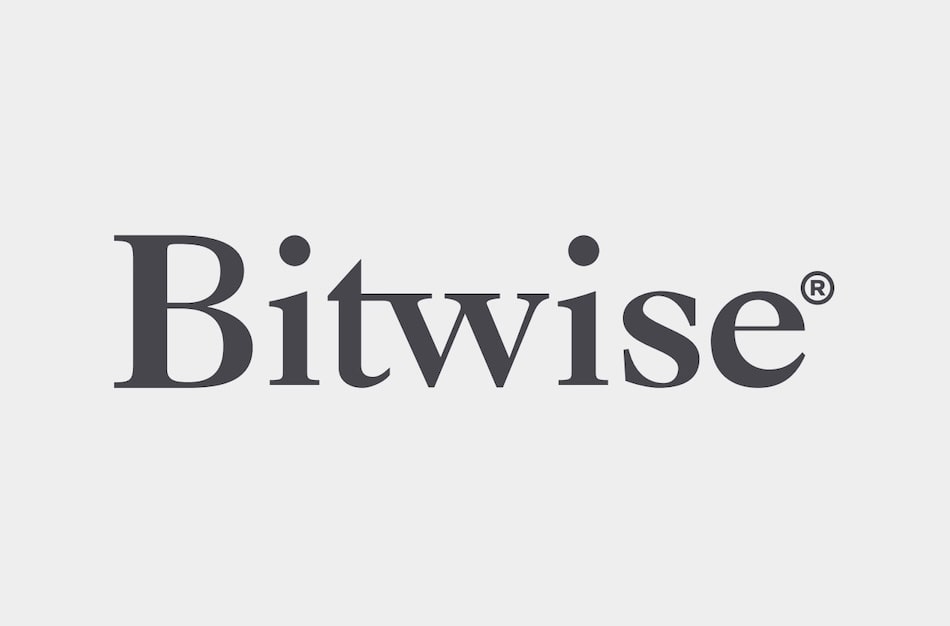
Key Takeaways
- Bitcoin's Google search volume dropped to around 25 points despite a $90,000 price.
- Bitwise CEO says institutions, not retail FOMO, are driving the 2025 Bitcoin rally.
- Fidelity reports public companies added 350,000 BTC after the U.S. election.
Despite Bitcoin’s price soaring past $90,000 in 2025, search volume for “Bitcoin” on Google remains near long-term lows, Bitwise CEO Hunter Horsley highlighted recently.
Google Trends analysis
Google Trends data shows Bitcoin search interest has dropped from about 75 points last year to around 25 points, with little sign of recovery.
Historically, search volumes spiked during bull runs in 2017 and 2021 but have since stayed subdued.
Institutional influence on Bitcoin rally
Bitcoin’s price has surged 380% from its 2017 peak and 38% from its 2021 high, yet public attention has not followed.
Hunter Horsley commented:
Bitcoin at $94,000, yet — Google searches for ‘Bitcoin’ near long-term lows. This hasn’t been retail driven. Institutions, advisors, corporates, and nations have come into the space.
Role of institutional investors
The 2025 rally appears fueled by institutional investors.
Firms like BlackRock, Fidelity, and ARK Invest have deployed significant capital through Bitcoin ETFs, attracting retail money indirectly.
One investor noted on X:
I think retail is already in. And big time IN. But they’re not buying spot.
I think retail is already in. And big time IN. But they're not buying spot. When people say it's institutions (Blackrock, Fidelity, ARK, etc) doing all the buying, it's retail money that's behind it all.
— ZOR🅱️IE (@AaronExner1) April 27, 2025
Public companies and Bitcoin accumulation
Fidelity recently reported that public companies added nearly 350,000 BTC after the U.S. election, with purchases exceeding 30,000 BTC monthly so far in 2025.
Additionally, ARK Invest forecasts Bitcoin could reach $2.4 million by 2030, citing institutional adoption.
Shifting information habits
Other reasons behind the low search volume include Bitcoin’s market maturity and shifting information habits, with users increasingly relying on AI tools and social media like X instead of Google.




